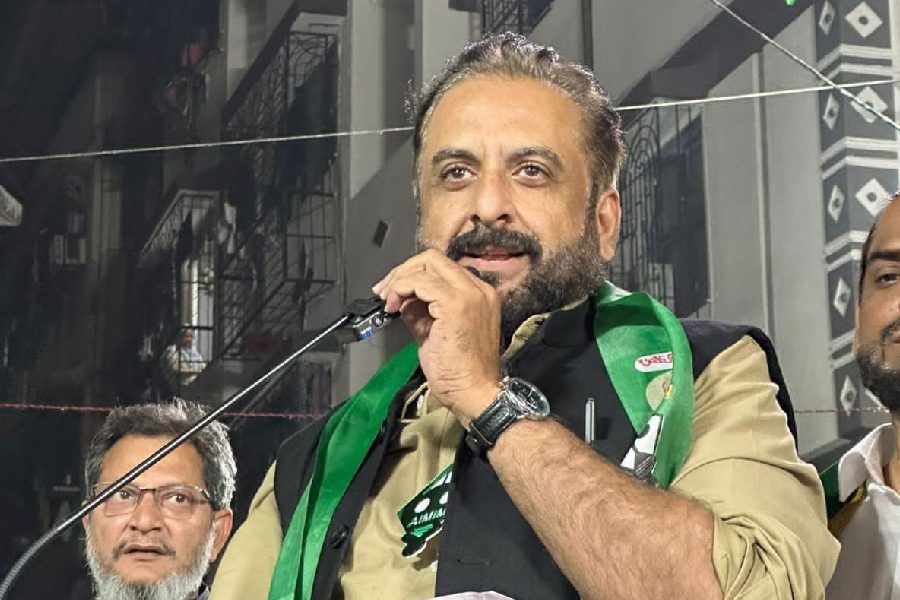 |
| A soldier takes position during repolls at Changolong in Tamenglong district. File picture |
Imphal, March 5: She wrapped Manipur’s desperate cries against the Arms Forces (Special Powers) Act in her 10-page report and submitted it to the UN Human Rights Council in Geneva this morning.
Nearly 5,000 miles away, rights activists of India in general and Manipur in particular, savoured a moment of moral victory when they clicked open their mail boxes to find the soft copy of the document submitted today by Special Rapporteur Margaret Sekaggya.
Sekaggya, who visited India in January last year, recommended repeal of the National Security Act, the Armed Forces (Special Powers) Act, the Unlawful Activities (Prevention) Act, Jammu and Kashmir Public Safety Act and Chhattisgarh Public Safety Act.
“Other security legislation should be reviewed in the light of international human rights standards,” the report recommended.
Activists hoped the UN Human Rights Council meeting being held in Geneva would adopt the recommendations and put it up for adoption by the UN General Assembly.
“This is a big achievement of the people of Manipur and the country fighting against the Armed Forces (Special Powers) Act and other draconian laws,” Laifungbam Debabrata Roy, convenor of Civil Society Coalition on Human Rights in Manipur and UN said here today.
During her stay in India, Sekaggya had also visited Guwahati on January 14 last year to hear out human rights groups of the Northeast.
A delegation from Manipur, comprising 18 NGOs, met her in Guwahati and apprised her of the human rights situation in the state.
On Irom Sharmila’s more than decade-long hunger strike demanding repeal of the army act, the report lamented that the National Human Rights Commission reportedly did not visit Sharmila despite repeated requests by rights defenders. Sharmila sent a letter to Sekaggya through her brother Irom Singhajit, highlighting her struggle while Sekaggya was in Guwahati .
In Assam, indigenous communities which were not consulted on the construction of mega dams and criticised such projects because of their human rights and environmental consequences were branded by the authorities as anti-government activists.
“This is the same rhetoric used under the Armed Forces (Special Powers) Act. (Rights) defenders live in constant fear. In Assam, one defender was tortured with electric shocks while in detention and a woman defender was shot,” the report said.
“The security forces should be clearly instructed the work and the rights and fundamental freedoms of human rights defenders...” one of the recommendations said.










